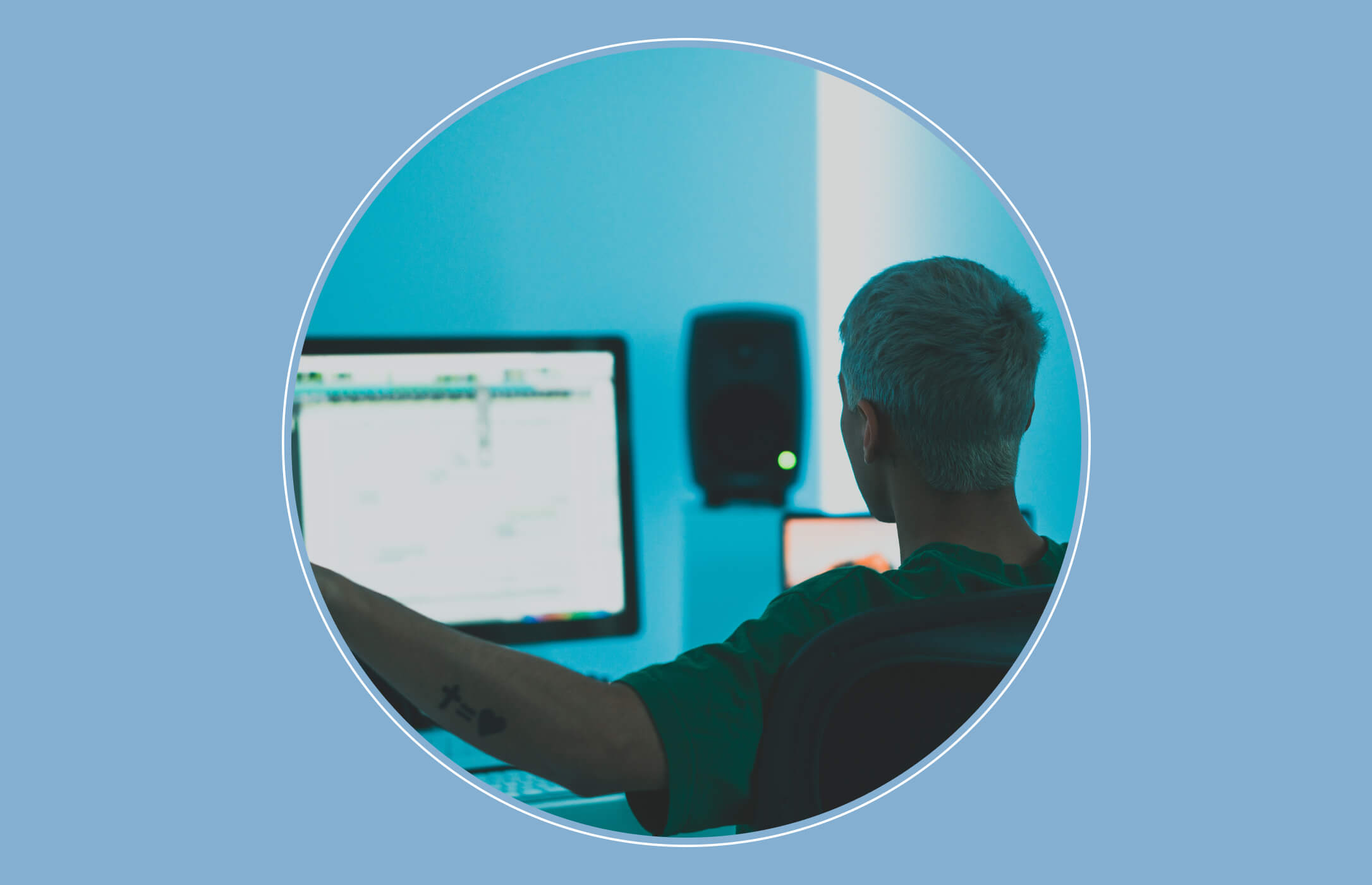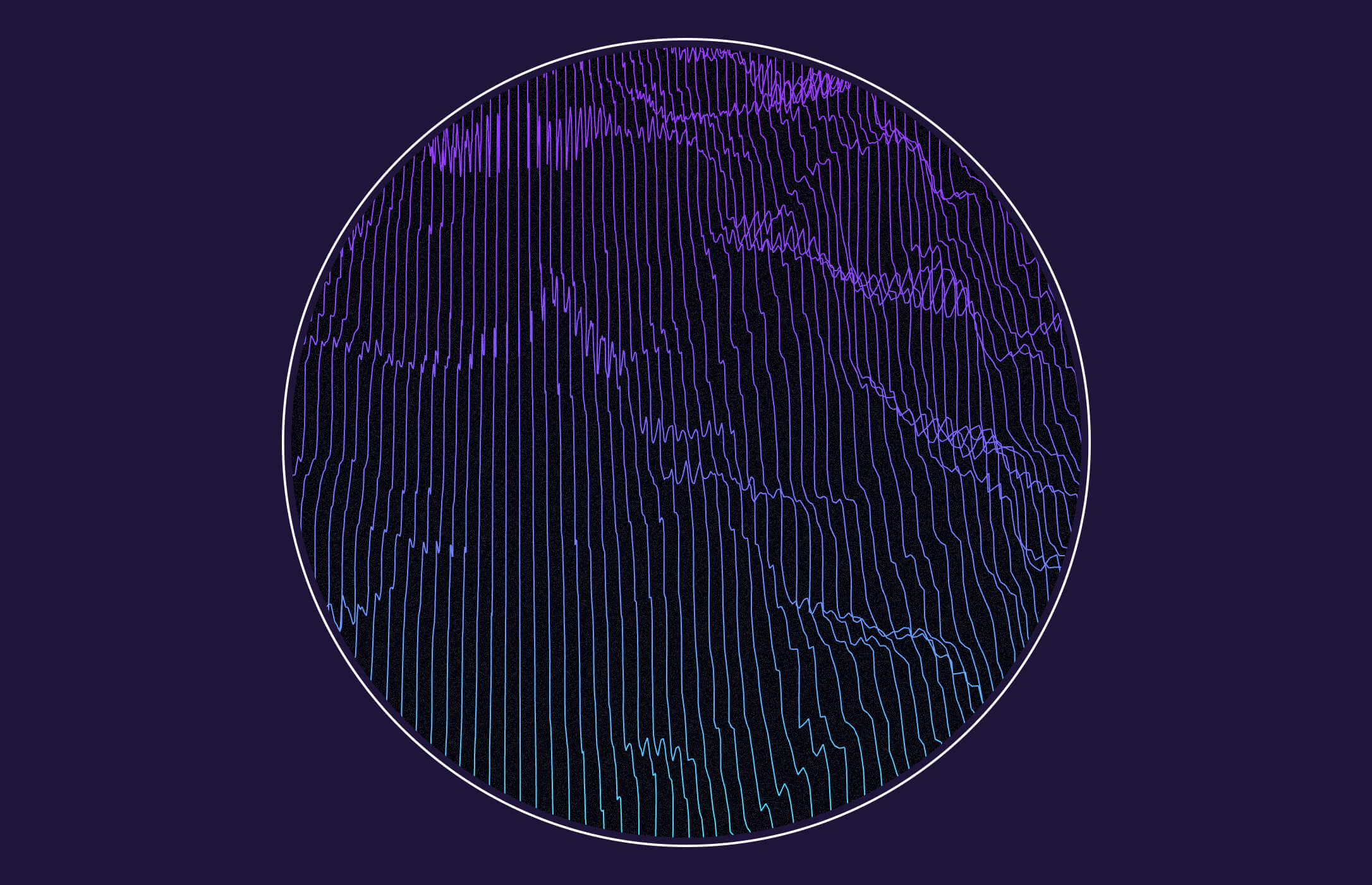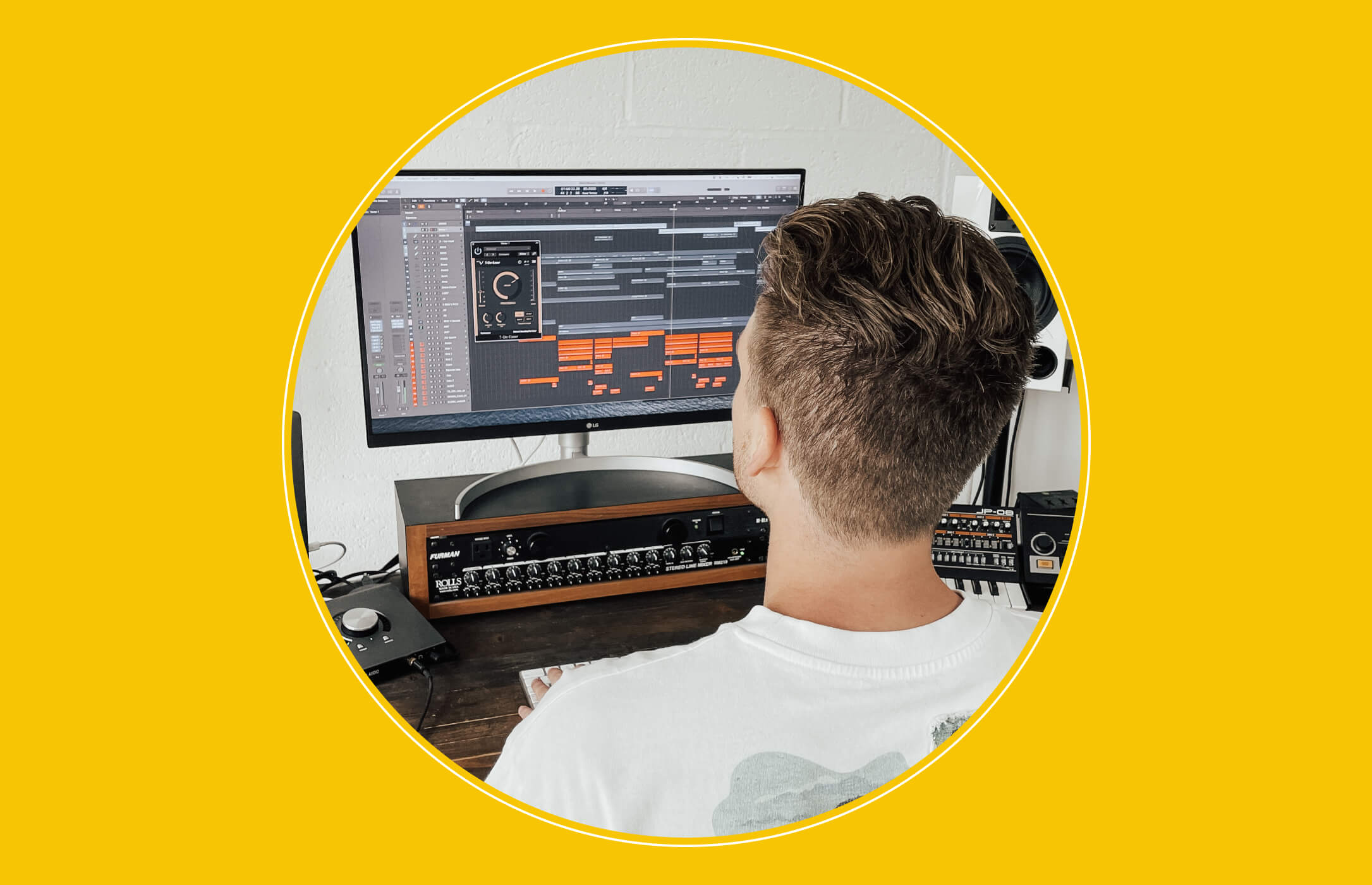A Constantly Expanding World
Intro
We can all agree that ‘electronic music’ is a term that covers a vast variety of different genres, but for a producer, approaching this continuously expanding scene can be confusing. In that situation, expanding your musical references by listening to tracks and genres that are different from your usual ones can give you the inspiration you lack. Imagine, you’re listening to something you’re not used to, and suddenly you notice an element and think to yourself – “how did they make that sound?”
Every time you turn a knob, put an effect in a chain, or design the sound of a synth, that gesture originates from what you experience listening to music you like and admire. Before making music, there is thinking about making music. Being a producer, our minds are on music 24/7, and sometimes we stick too much to the genre we’re producing or older things already in our playlists. There’s nothing wrong with this of course, but dedicating time to broadening your musical references can only be beneficial to your ears and imagination.
In the era of streaming this is more achievable than ever. Years ago that library expansion would’ve cost you a fortune, plus the added risk of not liking what you bought, but now it takes zero effort and can go a long way into widening your vision as a producer.
A journey directed to skills and knowledge
In my experience as a producer, taking myself out of the comfort zone of my personal taste and studying what I hear lets me understand the direction I want my sound to take. For example, how different kinds of music express the same need to generate energy and tension in a composition.
It’s not a matter of copying, however. No one wants to sound exactly like someone else, it’s a deeper concept. When you next listen to new music, and notice something interesting, ask yourself: “what sensation/emotion does this evoke?” It’s impossible to copy and paste an emotion because without context it’s only a hollow reproduction. Instead, aim to create your own context.
Sometimes, if I have a spare moment, I do what many musicians do — covers. Yes, that’s right, I try to cover tracks (mainly with my hardware equipment where possible), combining sequencing and editing to try and recreate the feel of a certain track. I say the feel of a track because it’s the most important thing to me personally. There’s nothing like sitting at your desk and little by little recreating “Teardrop” by Massive Attack, pouring all of your efforts into making it sound as deep, full, and haunting as the original song — but always adding a personal touch, a new element that wasn’t there before.
Like previously mentioned, you can just copy the notes from the original to any synth, but that won’t give the same feel. That’s given by the contrast between highs and lows, echoes and reverbs, the wise use of filters. Any time you dive into the depths of a song you could emerge back with a lot of inspiration and knowledge, so never stop being influenced by brilliant music, and when it comes to great production the style or genre doesn’t matter at all.
What you can take with you
Being open-minded to music genres helps in the producer’s job of contextualizing a part in a whole composition. That way you can discover how effects and arrangements feel, and then reflect on how you can recreate that feel with the tools you have. Compressors, EQs, filters, delays, stutters, etc. have been the weapons of every producer for generations, and over time, some of them made tracks that are worthy of a masterclass.
How compression can make a techno kick pump, or tame a dynamic guitar arpeggio in a rock ballad. The way EQ can become a vital part of an arrangement, and how reverb can both add presence to an R&B vocal or do the opposite, like drench a synthwave chorus, making it wider and less perceivable. These are just some examples of how the same effect can be used in dramatically different ways, and that’s just scratching the surface of what musicians have done for centuries to give the listener an engaging and unique experience.
From the very start of your journey in electronic music production, think about every spark that has lit up your willingness to make music, and create something as powerful as your idols. These inspirations pointed the way at the beginning, and can also help the work to go further if you’re stuck or just in search of something new.
Doesn’t matter if you have lots of releases behind you, or just started producing, music has the ultimate power to constantly renew itself. As an artist, keeping yourself refreshed with new sounds, styles, and influences can be pivotal in making creative steps forward.
Written By Baro Music



